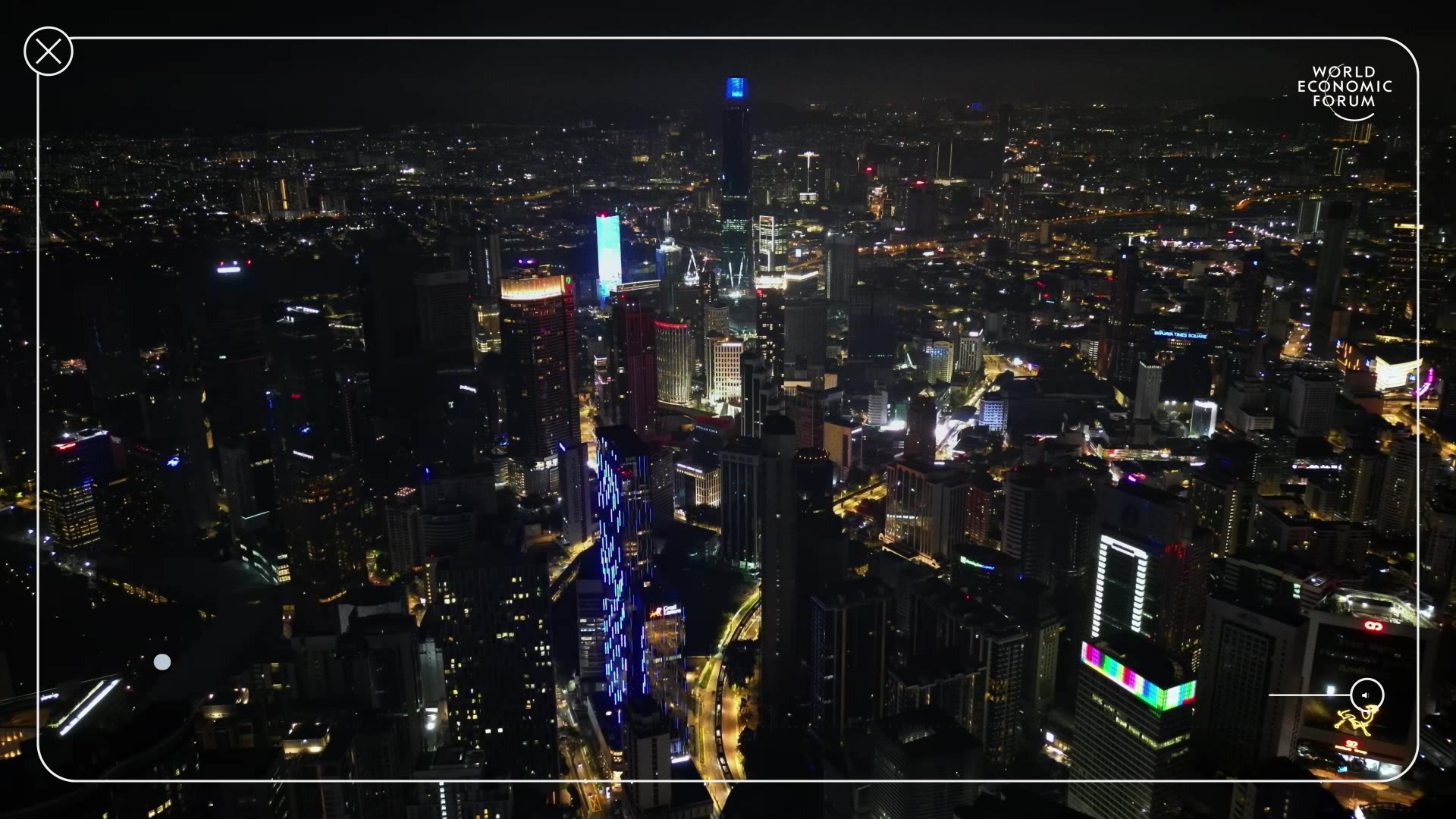5 things you may not know about Dubai

How much do you know about this rapidly-evolving metropolis? Image: ZQ Lee/Unsplash

Get involved with our crowdsourced digital platform to deliver impact at scale
Stay up to date:
Oil and Gas
Most people think of Dubai as a tourist hub. And with nearly 16 million visitors in 2018, it’s the world’s fourth most popular destination.
It also tops the list for visitor spending, with out-of-towners shelling out almost $31 billion a year, according to Mastercard's Global Destination Cities Index 2019.
The city has a reputation as a glitzy shopping and entertainment destination – but there’s much more to it than high-end malls and grand theatre spectacles.
Here are some things you might not have known about the rapidly-evolving metropolis.
It’s not a country
Dubai is often mistakenly thought of as a country in its own right. In fact, it’s one of seven states in the United Arab Emirates (UAE), which was established in 1971 after independence from the United Kingdom.
The largest city in the UAE, Dubai is one of the main entry points into the country and one of the world’s busiest transit hubs: 88 million people a year pass through Dubai International Airport.
Pearl diving used to be its main industry
Oil was discovered in Dubai in 1966. Before then, the local economy was based on aquatic activities such as pearl diving in what used to be a small fishing village.
The UAE's gross domestic product (GDP) is $414 billion, and it’s expected to grow by 2.4% in 2019, driven partly by faster growth in the oil sector. Dubai produces nearly 84,000 barrels of crude oil a day. But that’s not the only contributor to the city’s success.
Over 90% of business activity in Dubai now comes from a range of other sectors, including logistics, financial services, real estate, construction and manufacturing.
In the World Economic Forum’s Global Competitiveness Report 2019, the United Arab Emirates is ranked 25th – making it the most competitive economy in the Arab world, based on factors such as innovation, skills, and macroeconomic stability.
Most residents are under 35
Dubai has a youthful population: 60% of its residents are under the age of 35.
The city is also an emerging centre for technological innovation.
In 2017, the World Economic Forum partnered with the International Finance Corporation to identify, support and enable the best and brightest entrepreneurs of the Arab world to improve the state of their region through the 100 Arab Start-Ups Shaping the Fourth Industrial Revolution initiative.
Dubai-based success stories from the initiative include Careem, a ride-hailing app bought by Uber in 2019 for $3.1 billion, and BitOasis, which provides access to cryptocurrencies in Arab countries.
What is the Annual Meeting of the Global Future Councils?
George Clooney was here
Many of the world’s leading media companies have their Middle Eastern base in Dubai. It has a dedicated Media City that’s home to global organizations such as Reuters, the BBC, CNN, CNBC, Sony, and Showtime.
Established in 2001 as a centre for content production and broadcasting, and part of the Dubai Technology, Electronic Commercial and Media Free Zone (TECOM), the site is the largest in the region, with a development budget of more than $800 million and around 2,500 companies registered.
The UAE is an increasingly popular location for Hollywood films, and a number have been shot in Dubai, including the George Clooney thriller Syriana.
It wants to be the happiest city on Earth
Can happiness be measured? It can in Dubai, which has set up digital “happiness meters” to gauge the mood of citizens, residents and visitors, especially when they interact with Dubai government services.
Dubai’s government is aiming to make it the happiest city in the world.
In 2016, the UAE government appointed Ohood bint Khalfan Al Rhoumi as its first Minister for Happiness, charged with rolling out a national program of positivity.
According to the Ministry of State for Happiness, employee happiness in the UAE increased by 24% between 2016-2018.
Don't miss any update on this topic
Create a free account and access your personalized content collection with our latest publications and analyses.
License and Republishing
World Economic Forum articles may be republished in accordance with the Creative Commons Attribution-NonCommercial-NoDerivatives 4.0 International Public License, and in accordance with our Terms of Use.
The views expressed in this article are those of the author alone and not the World Economic Forum.
The Agenda Weekly
A weekly update of the most important issues driving the global agenda
You can unsubscribe at any time using the link in our emails. For more details, review our privacy policy.
More on Urban TransformationSee all
Lisa Chamberlain
April 25, 2024
Victoria Masterson
April 17, 2024
Fatemeh Aminpour, Ilan Katz and Jennifer Skattebol
April 15, 2024
Victoria Masterson
April 12, 2024








